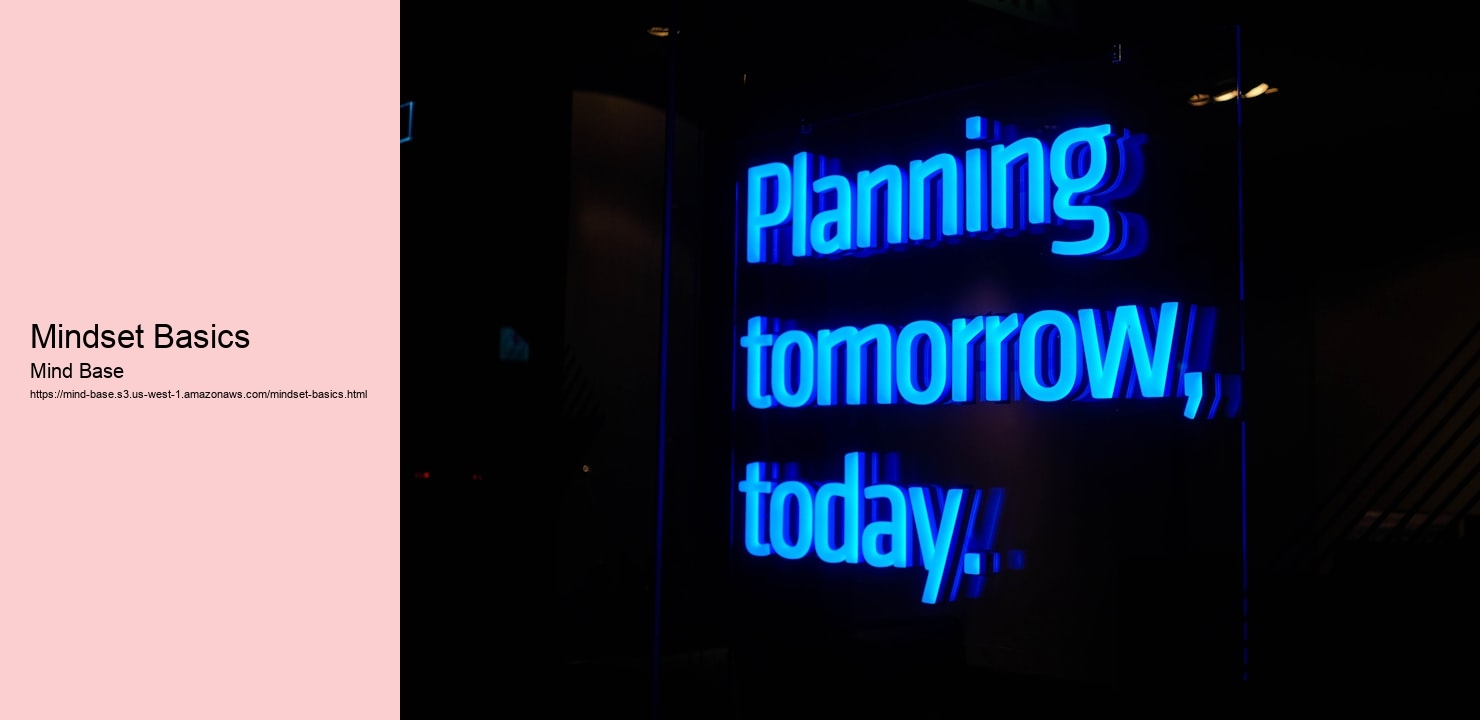
Physical activity is often highlighted by therapists in Calgary as an essential component of brain health. Engaging in regular physical exercise not only improves physical well-being but also boosts mental health by releasing endorphins that act as natural mood elevators. Activities like yoga or tai chi are particularly beneficial for both body and mind, offering a dual advantage by enhancing concentration while reducing anxiety.
Therapists regularly advise that nutrition plays a critical role in maintaining optimal brain function. A diet rich in omega-3 fatty acids, antioxidants, and essential vitamins supports neuronal health and cognitive performance. Foods such as leafy greens, fatty fish, nuts, and berries are recommended to nourish the brain effectively. In Calgary's therapy community, there's increasing attention on how dietary choices impact mental health outcomes.
Building strong social connections is another key element emphasized by Calgary therapists for sustaining brain wellness. Human interaction stimulates various areas of the brain associated with emotion regulation and memory retention. Participating in group activities or community events fosters a sense of belonging and can alleviate feelings of loneliness or depression. Maintaining healthy relationships offers emotional support that is crucial during times of stress.
Therapists across Calgary highlight these diverse strategies-mindfulness practices, physical activity, balanced nutrition, social engagement-as integral components for achieving comprehensive brain wellness. By incorporating these elements into one's lifestyle, individuals can work towards enhanced mental clarity and overall emotional well-being.

In Calgary's diverse community, mental health therapy begins with understanding the uniqueness of each individual. Christian Psychologist Therapists prioritize creating a safe and welcoming environment where clients feel heard and respected. This foundational principle ensures that therapy is tailored to meet the specific needs of each person, acknowledging their unique experiences, cultural backgrounds, and personal challenges.
A crucial element in effective therapy is building a trusting relationship between the therapist and client. Gambling Addiction In Calgary, therapists are trained to foster an atmosphere of trust by being empathetic listeners who provide non-judgmental support. This connection is vital for clients to open up about their struggles and engage fully in the therapeutic process.


Empowerment plays a significant role in mental health principles.
Therapists often employ holistic approaches that consider all aspects of a client's life-emotional, physical, social, and spiritual well-being. In Calgary's vibrant therapeutic community, professionals integrate various methodologies such as cognitive-behavioral therapy (CBT), mindfulness practices, or art therapy to address diverse needs comprehensively.
Maintaining confidentiality is paramount in any therapeutic setting. Calgary therapists adhere strictly to ethical guidelines ensuring that all client information remains private. This commitment helps create a secure environment where clients can freely explore sensitive topics without fear of exposure or judgment.
Calgary's multicultural landscape requires therapists to be culturally sensitive and aware. Mental health professionals are trained to understand cultural nuances and respect differences in beliefs and practices. This sensitivity ensures that therapy aligns with the client's values while remaining effective across varied cultural contexts.

As a round up: Effective mental health principles are built on understanding individuality, fostering trustful relationships, empowering clients through holistic approaches while maintaining confidentiality-all within culturally sensitive frameworks. For those seeking support from therapists in Calgary, these guiding principles ensure compassionate care tailored specifically for diverse communities.

Mental wellness includes emotional, emotional, and social health, influencing cognition, understanding, and habits. According to the World Health And Wellness Organization (THAT), it is a "state of wellness in which the individual recognizes his/her capabilities, can cope with the normal tensions of life, can work successfully and profitably, and can add to his or her neighborhood". It similarly establishes how a specific handles stress, interpersonal connections, and decision-making. Psychological wellness includes subjective wellness, perceived self-efficacy, freedom, competence, intergenerational dependence, and self-actualization of one's intellectual and psychological potential, to name a few. From the point of views of positive psychology or holism, mental wellness may consist of an individual's ability to enjoy life and to develop a balance in between life tasks and initiatives to attain psychological durability. Cultural differences, individual approach, subjective assessments, and contending expert theories all affect just how one specifies "psychological health and wellness". Some early signs related to psychological health and wellness troubles are rest inflammation, lack of power, absence of cravings, thinking about damaging oneself or others, self-isolating (though introversion and isolation aren't always undesirable), and often zoning out.
.Psychotherapy (additionally emotional therapy, talk therapy, or talking therapy) is making use of psychological techniques, especially when based upon regular individual communication, to assist a person change actions, rise happiness, and overcome problems. Psychiatric therapy aims to enhance an individual's well-being and psychological wellness, to settle or minimize troublesome actions, ideas, compulsions, ideas, or emotions, and to enhance partnerships and social abilities. Various kinds of psychotherapy have been made either for individual adults, family members, or youngsters and teenagers. Some types of psychotherapy are thought about evidence-based for dealing with detected mental illness; other types have actually been criticized as pseudoscience. There are hundreds of psychiatric therapy methods, some being minor variants; others are based upon very different conceptions of psychology. The majority of strategies entail one-to-one sessions, in between the client and specialist, yet some are performed with teams, including pairs and households. Therapists may be mental wellness specialists such as psychoanalysts, psycho therapists, mental health and wellness nurses, scientific social employees, marriage and family members therapists, or specialist therapists. Psychotherapists may additionally originate from a variety of other histories, and depending on the jurisdiction may be lawfully regulated, willingly controlled or uncontrolled (and the term itself might be secured or not).
.Psychologists specializing in chronic stress in Calgary use therapy to address ongoing tension and burnout. They offer strategies like relaxation and CBT tailored to local lifestyles.
Counseling support for PTSD recovery in Calgary uses trauma-focused therapies like EMDR for healing. It helps individuals process trauma and regain control with expert guidance.
Trauma therapy in Calgary, like EMDR, helps process painful memories with expert guidance from psychologists. It reduces distress and builds resilience for those affected by trauma.